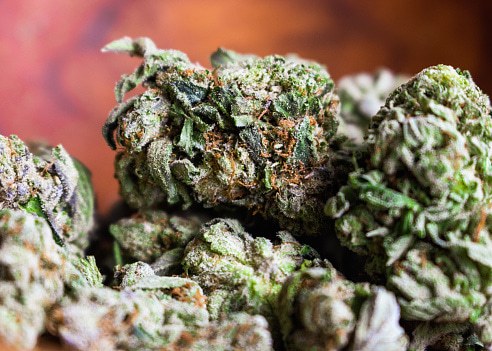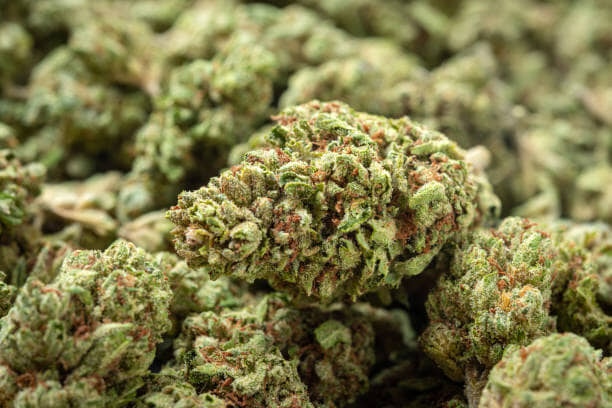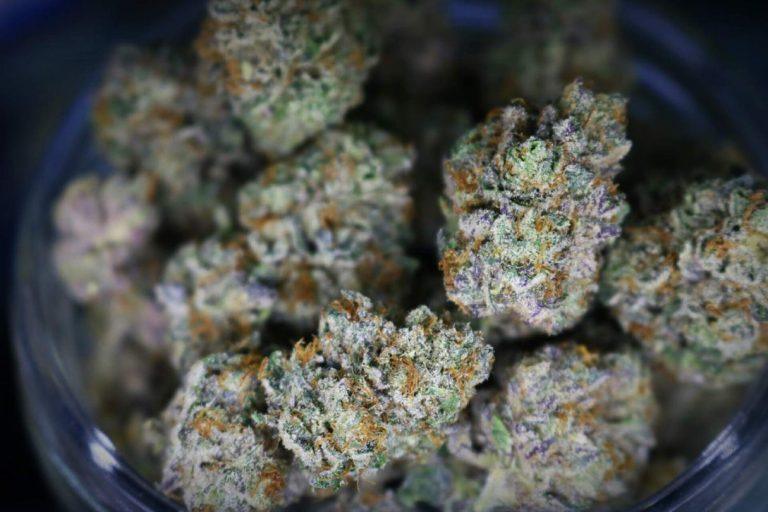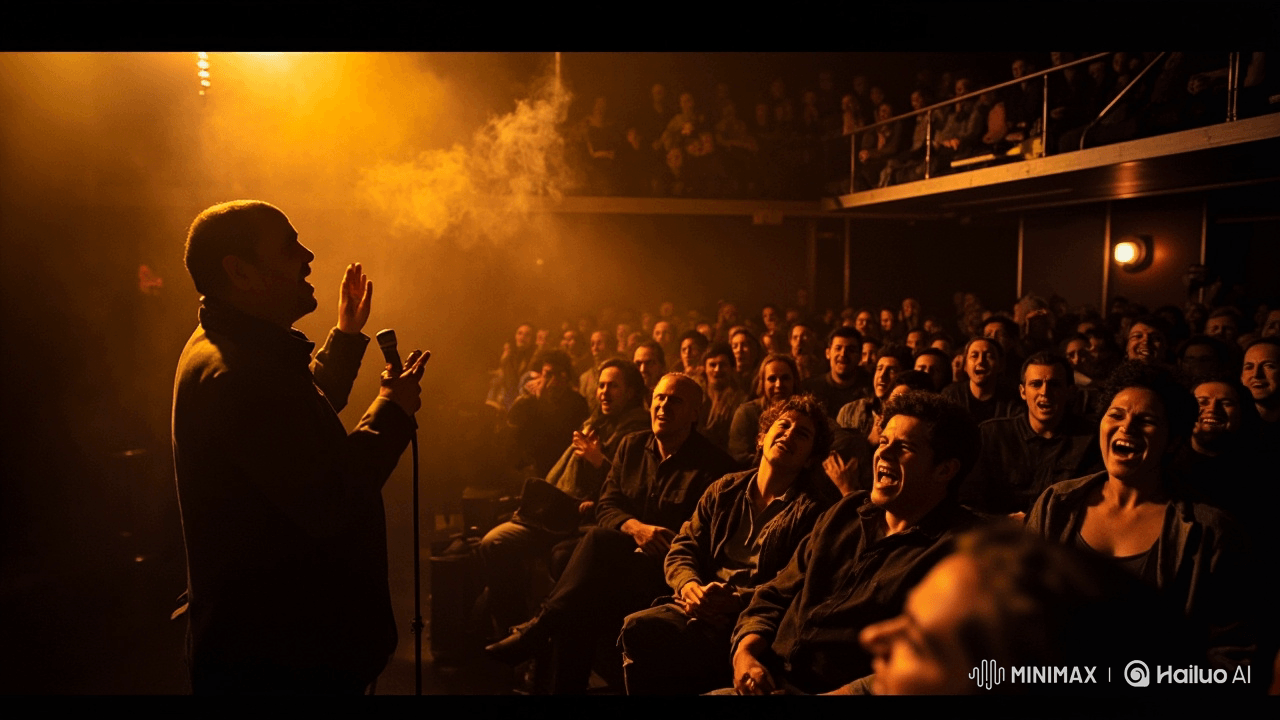
Cannabis and Comedy: Why the Funniest People You Know Probably Smoke
Laughter and cannabis go together like peanut butter and jelly. For generations, comedians have relied on weed not just as a punchline, but as a source of inspiration, relaxation, and even clarity. Whether it is a subtle spark before a set or a full-on personality trait, cannabis has quietly shaped the voices of some of the greatest comedic minds.
But why does it work so well? What is it about cannabis that blends so naturally with comedy? From classic stoner duos to today’s high-performing funny people, cannabis and comedy have a long, intertwined history worth exploring.
The Science Behind the Laughs
There is a biological explanation for why things seem funnier when you are high. Cannabis activates the brain’s endocannabinoid system, influencing mood, perception, and cognitive flexibility. This often results in a loosened thought pattern that makes connections between ideas feel more novel or absurd. In simple terms, it makes your brain a little weirder in the best way.
When those systems are activated, humor often hits harder. Jokes feel more clever, and timing becomes more elastic. For comedians, this mental state can boost creativity and help them find unexpected angles or observational humor that a sober mind might dismiss. For audiences, it enhances the punchlines and amplifies the laughter.
Richard Pryor, George Carlin, and the Counterculture Pioneers
In the 1970s, stand-up comedy experienced a shift. Out went the clean-cut shtick of the 1950s, and in came a wave of truth-telling comics who were not afraid to talk about race, religion, war, and weed.
Richard Pryor and George Carlin both famously embraced cannabis. Carlin, in particular, credited weed with helping him break away from the sanitized act he started with. Once he began smoking regularly, his comedy shifted toward biting social commentary and surrealist tangents. The stoner lens allowed him to see the absurdity in everyday life, and he became a legend for it.
Richard Pryor used cannabis as part of his escape and healing process. His material was raw, honest, and often informed by his own struggles. Weed may not have been the core of his comedy, but it was part of the lifestyle that helped him create from a place of vulnerability and courage.
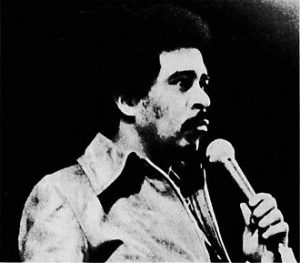
Cheech and Chong: The Stoner Kings
No discussion of cannabis and comedy is complete without Cheech Marin and Tommy Chong. This iconic duo made an entire franchise out of weed-fueled antics, from their “Up in Smoke” films to their cult-favorite albums.
What set Cheech and Chong apart was not just their subject matter. It was how authentic it felt. They did not use cannabis as a gimmick. They lived it. And audiences could tell. Their laid-back, improvisational style was often filmed or recorded while they were actually high. This gave their performances a loose, unpredictable energy that connected with people on a real level.
While critics sometimes dismissed their work as lowbrow or niche, their influence spread across generations. Today’s cannabis comedians owe more than a little to Cheech and Chong’s trailblazing.
Dave Chappelle and the Modern Comedy Philosopher
Dave Chappelle has never shied away from discussing his cannabis use. In fact, some of his most iconic bits like his “Wrap It Up” skit or the legendary “Half Baked” film are rooted in weed culture. But more than that, Chappelle represents how cannabis has matured within comedy.
He is known for his sharp cultural analysis, weaving together serious topics with moments of levity. He has spoken openly about how weed helps him reflect and slow down. Unlike the overt stoner humor of the past, Chappelle’s comedy uses cannabis as a backdrop for deeper conversations.
That shift mirrors how cannabis is now viewed in society. It is no longer just a punchline. It is part of a larger lifestyle and worldview, especially in creative spaces.
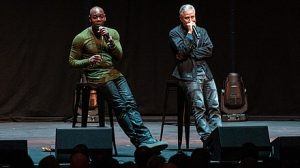
Cannabis and Writer’s Rooms
Behind the scenes of some of your favorite shows, cannabis plays a quiet role in sparking imagination. Writer’s rooms for comedies like South Park, Broad City, Workaholics, and Rick and Morty have all admitted to the occasional smoke session while brainstorming.
Dan Harmon, co-creator of Rick and Morty, has spoken about how cannabis helps him generate new ideas or get unstuck when crafting complex plots. In that show especially, the absurdism and rapid-fire wit often seem pulled straight from a late-night smoke session.
Writers use cannabis to zoom out and take creative risks. When used mindfully, it can unlock ideas that logic might otherwise shut down.
Women in Weed Comedy: Breaking Stereotypes
It is not just dudes in beanies passing joints anymore. Women have played a huge part in reshaping cannabis and comedy. Comedians like Sarah Silverman, Ilana Glazer, Abbi Jacobson, Nicole Byer, and Tiffany Haddish have integrated cannabis into their brands without falling into lazy stereotypes.
Ilana and Abbi, the stars of Broad City, made weed a casual part of their show’s DNA. They were not burnouts or lazy slackers. They were ambitious, messy, hilarious young women trying to survive in New York. Their cannabis use was normalized, not sensationalized.
Meanwhile, Tiffany Haddish has spoken about how weed helps her manage anxiety and stay grounded in chaotic situations. Her raw honesty has connected with fans who also use cannabis as a way to stay mentally balanced in high-pressure environments.
The Rise of Weed-Friendly Comedy Shows
As legalization spreads, new comedy formats are emerging that openly embrace cannabis culture. In places where it is legal, stand-up shows like The Gateway Show, Cannabis Comedy Club, and Laughs and Lungs allow audiences to toke up before and during the performance.
The results include louder laughs, looser crowds, and comics who are encouraged to experiment with riskier material. Some shows even have comedians perform once sober and once high, comparing the two sets for laughs.
It is an evolving format that is gaining popularity across cities and on streaming platforms. The combination of relaxed energy and shared experience creates a unique vibe that traditional comedy clubs often lack.
Snoop Dogg and Seth Rogen: Icons of the Weed-Laugh Connection
Two names dominate the conversation around weed and pop culture. Snoop Dogg and Seth Rogen. Both have built careers rooted in humor, creativity, and an open love for cannabis.
Snoop is the ultimate example of staying cool under pressure. His charm, wit, and ability to improvise whether in interviews or ad-libbing verses feel naturally enhanced by his relaxed mindset. He is not just a rapper. He is a walking vibe.
Seth Rogen has become a cannabis entrepreneur, comedy writer, and pottery artist. He has turned weed into a lifestyle brand with Houseplant, while continuing to write and star in some of the most beloved comedies of the last two decades.
What these two share, besides their love of cannabis, is a total lack of shame. They use openly, laugh freely, and create unapologetically. That mindset has helped millions of fans feel more comfortable with cannabis in their own lives.
Cannabis as a Creative Tool
Ask any stand-up comic, improv performer, or sketch writer, and they will likely tell you creativity requires mental flexibility. You need to think in tangents, find absurd comparisons, and observe things others overlook.
Cannabis helps some comedians slow down the noise of the outside world and tune in to small details. It allows them to notice how people talk, move, or react, and turn those observations into relatable material.
For others, it is a source of courage. Performing comedy in front of a live audience is terrifying. Weed can help smooth out the jitters and allow comics to take risks without overthinking every line.
Of course, it is not for everyone. Some creatives find cannabis makes them anxious or foggy. The key is understanding your own relationship to it. For those who benefit, it becomes more than a habit. It is a muse.
Cultural Shifts in Humor and Consumption
As cannabis becomes more normalized, the type of humor around it is evolving. We are seeing fewer “stoner guy forgets his phone in the fridge” jokes and more nuanced, personal reflections on cannabis use.
This mirrors the growing diversity within the cannabis community itself. No longer just the domain of slackers or stereotypes, today’s cannabis users are professionals, parents, athletes, artists, and comedians.
The humor has matured too. It is more self-aware, more clever, and more integrated into everyday life. Weed is not the whole joke anymore. It is the seasoning.
Looking Ahead: Cannabis and Comedy in the Next Decade
With more states legalizing, the cannabis-comedy connection will only deepen. Expect more weed-centric comedy specials, podcasts, and live shows. Expect more comedians to openly discuss how they use cannabis for mental health, inspiration, and performance prep.
Brands will likely continue to collaborate with comics, and cannabis-themed content will expand into gaming, animation, and reality TV.
But the core of the relationship will stay the same. Weed helps people laugh. It disarms the seriousness of life and makes room for absurdity, silliness, and joy. And that, more than anything, is what comedy is all about.



